Post-weld heat treatment (PWHT) is a stress release process by heating the welded zone after the workpiece is welded, which is an indispensable step to ensure the welding quality. Usually, this kind of post weld heat treatment procedure/processs is done with the induction heating machine. Take JKZ's induction heating devices as examples. These devices will normally first heat the workpiece at the temperature of 100-150 degrees/hour and they will gradually reach the target temperature at 650-780 degrees according to different metal material features. All the processes will be completed perfectly in accordacne with the pre-set heating time and PWHT temperature. The temperature recorder will record the temperature curve and feedback the data to the control system. Due to the need for strict requirements of the heating time and temperature control, the high degree of automation of induction heating equipment have successfully made itself locate at a very important position in all kinds of PWHT post-weld heat treatment equipment. In addition to general equipment, JKZ also specializes in the post-weld heat treatment for pipes, plates, tanks and large-size heterogeneous workpieces. Two specially designed air-cooled induction heating devices can be flexibly custmoized according to your choices.
Features of Induction Post Weld Heat Treatment
1.Wide and even heating zone
The width is sufficient to cover the uniform heating zone of the post-weld heat treatment specified by ASME.
2.High-precision temperature control
Frequency conversion control power supply can realize precise heating/heat preservation/cooling steps.
3.High security
Unlike annealing of resistance heating elements, non-heated induction coils ensure a high degree of safety.
4.Easy installation
One-button operation coil (the built-in coil piece is placed around the pipe), which is easier to fix and disassemble than the induction coil wound on the pipe.

Post Weld Heat Treatment Methods
1.Furnace: In the post-weld heat treatment of the furnace, the entire part is usually placed in the furnace to apply a temperature cycle. Obviously, this means that the parts or structure cannot be too large to fit into the furnace. In addition, the components must be moved to the location where the furnace is located. The main advantage of this post-weld heat treatment is that the variable expansion caused by excessive thermal gradients can be kept to a minimum. For this reason, heating and cooling rates are important because thicker parts tend to take longer to heat or cool than thinner parts.
2.Internal firing: In this method, the part is insulated on the outside, and then heat is introduced into the part until the entire part is heated to the desired temperature. Heat is usually introduced by gas burners. Obviously, this only applies to "hollow" type components, such as pressure vessels.
3.Localized external heating: This post-weld heat treatment method is suitable for slender parts that only need to be heated in a local area instead of the entire part. This is a typical pipe girth weld or closed weld used for long pressure vessels. In this method, a certain component introduces heat to the outside of the component (sometimes the component is placed inside and outside to help uniform heating), usually in a band around the entire circumference of the component. Proper insulation can prevent heat from dissipating from the surface through convection and radiation.


 en
en  cn
cn  jp
jp  ko
ko  de
de  es
es  it
it  ru
ru  pt
pt  th
th  vi
vi  pl
pl 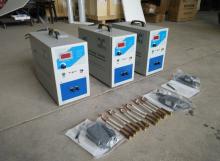
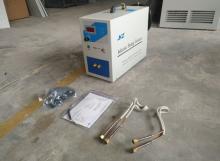
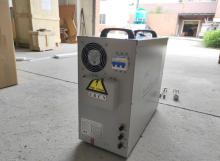
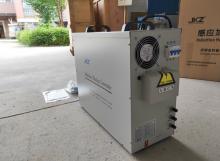
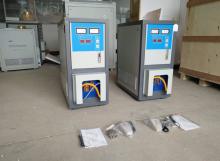
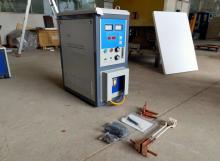
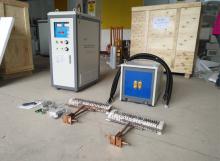
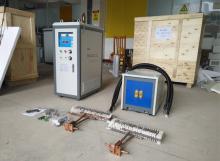
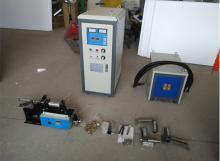
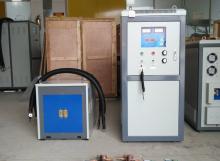
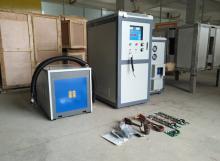
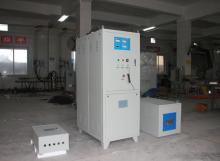
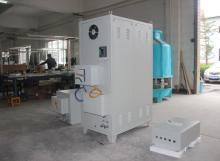
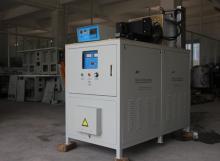
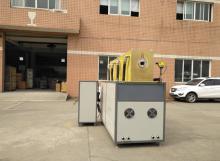
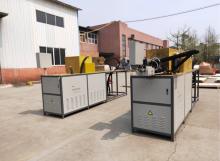
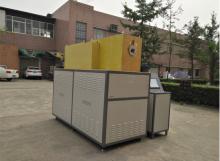
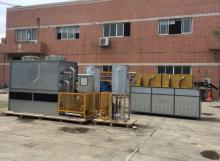
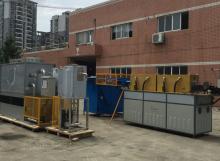
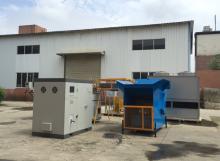
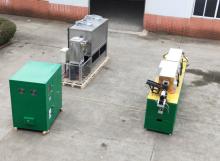
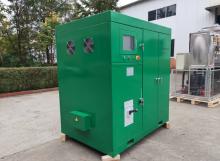
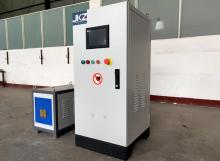
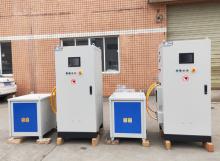
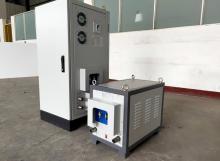











 Call us on:
Call us on:  Email Us:
Email Us:  NO. 688th South Baoguang Road, Xindu District, Chengdu City, Sichuan Province, China
NO. 688th South Baoguang Road, Xindu District, Chengdu City, Sichuan Province, China